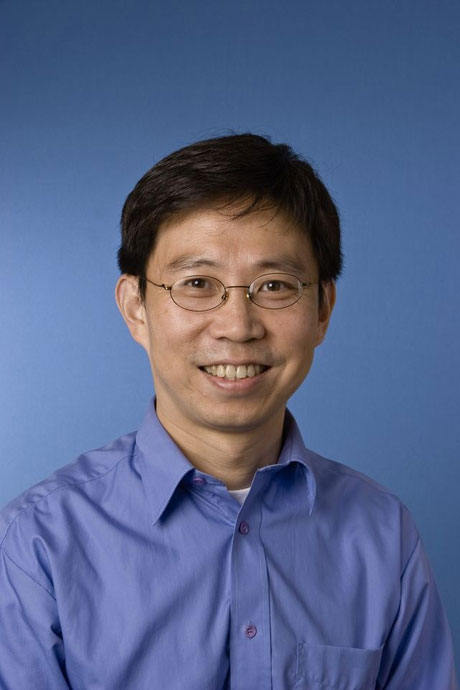Gothenburg researchers identify molecule that protects women's eggs

Kui Liu, professor, University of Gothenburg University of Gothenburg
In order to be able to have a child, a woman needs eggs that can grow and mature. One of these eggs is then fertilised by a sperm, forming an embryo. During the maturation process, the egg needs to go through a number of stages of reductional division, called meiosis.
If problems occur during any of these stages, the woman can become infertile. Around 10-15% of all women experience fertility problems, caused by factors such as genetics, environment and age.
Human studies are the next stage
Using genetically modified mouse models, Professor Liu’s team has now discovered that the molecule Greatwall kinase is of great importance in order for the eggs of the female mouse to be able to complete the first phase and move on to the second meiotic division during the maturation of the egg.
When Greatwall kinase is removed from the egg, not all the stages can be completed. Instead, the egg enters an interphase with an abnormal DNA structure and problematic cell cycles. These problems make the females infertile.
Professor Liu believes it is highly likely that Greatwall kinase is important in the human egg maturation process. His group aims to carry out studies on human eggs as the next stage. The Greatwall kinase molecule is important in the regulation of the cell cycle.
“If we discover that there are women whose eggs do not mature due to levels of Greatwall kinase being too low, we can inject the molecule into the egg,” says Professor Liu. “Hopefully, the maturation process will thereby be corrected, and eventually the woman may be able to have children.”
Dr. Kui Liu is a professor at the University of Gothenburg’s Department of Chemistry and Molecular Biology. His group focuses on studies of genetic and epigenetic regulation of the development of female gametes.
In recent years, their research has included both preclinical basic research and transferring the results generated from studies of mouse models to clinically applicable techniques for treating female infertility.
Link to the article: http://jcb.rupress.org/content/206/7/843.abstract
For further information:
Professor Kui Liu
+46 70 888 77 93
kui.liu@gu.se
http://www.science.gu.se/english/News/News_detail/gothenburg-researchers-identif…
Media Contact
All latest news from the category: Life Sciences and Chemistry
Articles and reports from the Life Sciences and chemistry area deal with applied and basic research into modern biology, chemistry and human medicine.
Valuable information can be found on a range of life sciences fields including bacteriology, biochemistry, bionics, bioinformatics, biophysics, biotechnology, genetics, geobotany, human biology, marine biology, microbiology, molecular biology, cellular biology, zoology, bioinorganic chemistry, microchemistry and environmental chemistry.
Newest articles

Economies take off with new airports
A global study by an SUTD researcher in collaboration with scientists from Japan explores the economic benefits of airport investment in emerging economies using nighttime satellite imagery. Be it for…

CAR T–cell immunotherapy targets
Pan-cancer analysis uncovers a new class of promising CAR T–cell immunotherapy targets. Scientists at St. Jude Children’s Research Hospital found 156 potential CAR targets across the brain and solid tumors,…

Stony coral tissue loss disease
… is shifting the ecological balance of Caribbean reefs. The outbreak of a deadly disease called stony coral tissue loss disease is destroying susceptible species of coral in the Caribbean…





















